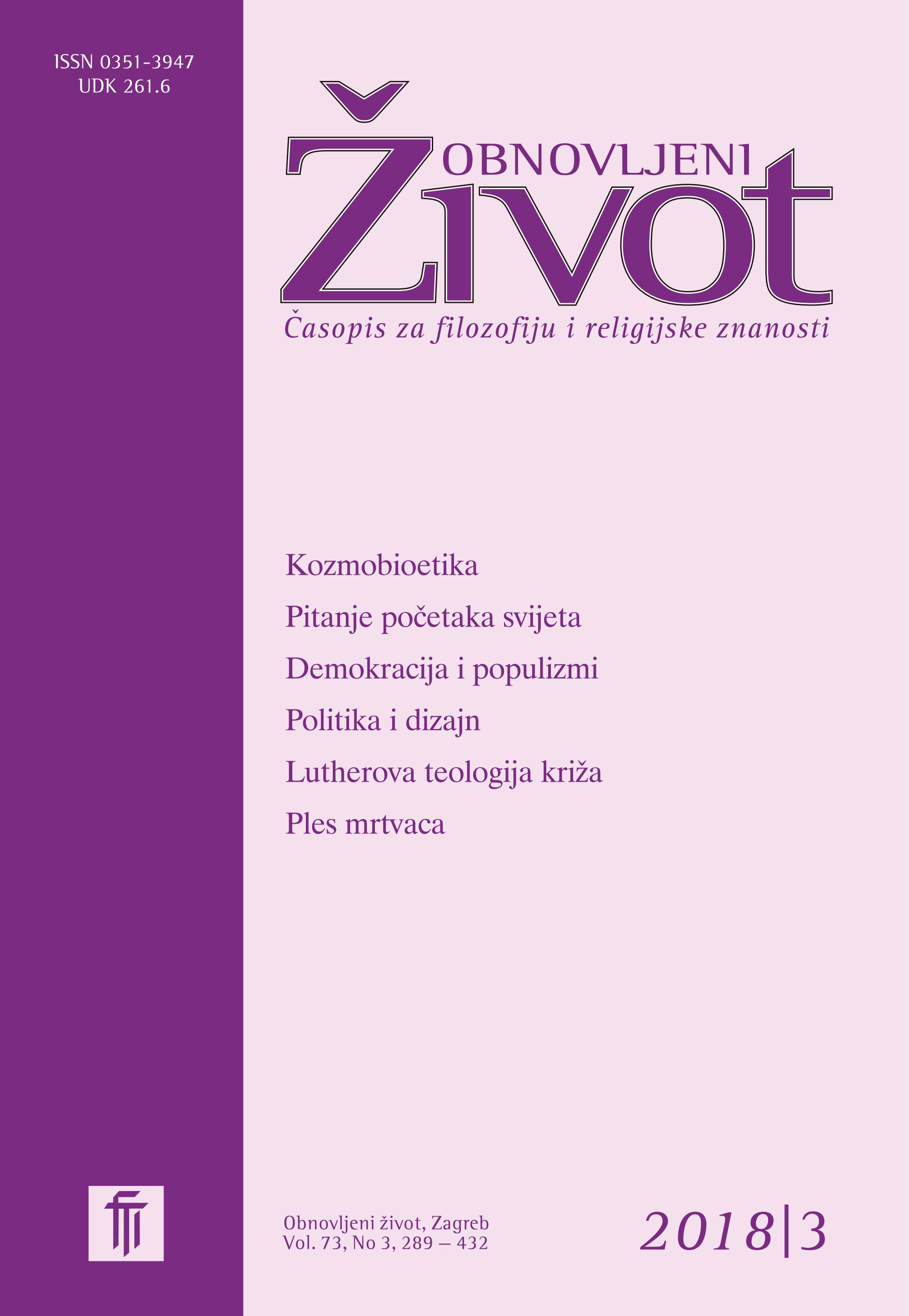Luther’s Theology of the Cross
Keywords:
Paul (the Apostle), Martin Luther, theology of the cross, theology of glory, pre–Reformation reform movements, Jürgen MoltmannAbstract
The article presents a basic outline of the theology of the cross in the theological works of Martin Luther (1483–1546). We commence with the fact that the theology of the cross is not Luther’s theological invention, but rather that he adopted it from earlier Christian tradition and, in his own particular way, radicalized it. The article therefore brings to our attention the beginnings of the theology of the cross in the New Testament, particularly in Paul’s writings. Various movements in the history of the Church before Luther are portrayed for which the theology of the cross was an important inspiration and determinant. Special emphasis is placed on a movement of the late medieval period, namely, the mysticism of suffering and also the late medieval movement devotio moderna. Furthermore, the issue is raised of Luther’s reception of the tradition of the theology of the cross up until his time, or rather of its significance to Luther. The authors point out Luther’s opposition to the theology of the cross (theologia crucis) and the so–called theology of glory (theologia glorie), that is to say, Luther’s grasp of the theology of the cross as a principle of theological epistemology. Luther’s consistency in implementing his program of the theology of the cross is questioned, and accordingly, attention is drawn to Luther’s „insufficient criticality“ of traditional metaphysics such as it is articulated in the work of Jürgen Moltmann.
Published
Issue
Section
License
Jednom prihvaćeni članak obvezuje autora da ga ne smije objaviti drugdje bez dozvole uredništva, a i tada samo uz bilješku da je objavljen prvi put u Obnovljenom životu. Uredništvo će obavijestiti autora o prihvaćanju ili neprihvaćanju članka za objavljivanje.
Članci objavljeni u časopisu se, uz prikladno navođenje izvora, smiju besplatno koristiti u obrazovne i druge nekomercijalne svrhe.


